Hi Marian, I'm pleased to inform you that the interview with Mintel and WGSN has been published: Dermocosmetics surge as skincare gets scientific
Innovation and education are redefining the dermocosmetics landscape.
The global dermocosmetics market is set to more than double from US$43 billion in 2024 to nearly US$95 billion by 2032, driven by science-backed skincare demand, consumer sophistication, and the convergence of aesthetics and at-home treatments. Analysts say the rise reflects a deeper shift toward efficacy, transparency, and proactive health routines, particularly in the Asia-Pacific region.
“Consumers today are actually highly functional driven,” said KinShen Chan, Associate Director, Beauty and Personal Care, APAC at Mintel. “They are looking for skincare that is both effective and trustworthy, and dermacosmetic actually fits squarely into this space, offering science-backed solutions for real skin concerns.”
According to Chan, 61% of South Korean consumers take a preventative approach to skincare, such as regular SPF use, signaling the growing potential for dermocosmetic innovation aligned with proactive health and metabolic beauty trends.
“The rise of dermocosmetics was something we predicted as early as 2022,” said Pia Fisher, Senior Beauty Strategist at WGSN. “We saw the rise in Chinese functional derma brands fueled by a highly educated consumer base. They really value scientific proof. They seek efficacy and safety across all of their products.”
Fisher coined these discerning consumers “skintellectuals”—shoppers well-versed in ingredients and research. She added that the next evolution will be heavily influenced by aesthetics, as non-surgical and minimally invasive treatments inspire at-home product innovation. “Traditional injectables, things like botox and fillers, will actually lead in the next generation of ingredient-led skincare products,” she said.
With rising competition and a global cost-of-living crisis, Fisher said brands must “double down on their added value.” She pointed to multi-benefit, hybrid products and expert-led content as key differentiators. “Brands can look at reprioritising education and community engagement… leveraging authentic community building to stay relevant,” she said.
Chan added that authenticity and transparency are essential to stand out. He highlighted The Ordinary’s campaign, which debunked skincare myths, as a model for consumer trust-building. “Brands need to be more transparent about both the promise and limitation of their products,” he said. “That’s how they stand out in a crowded market.”


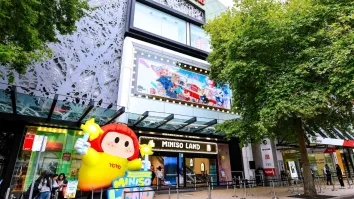




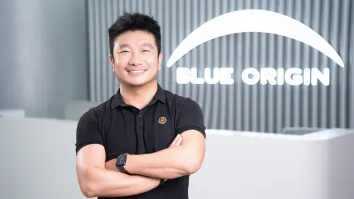


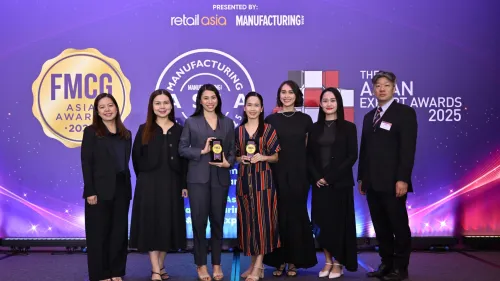
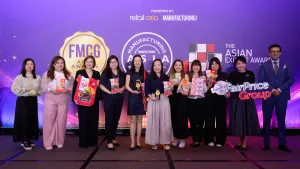
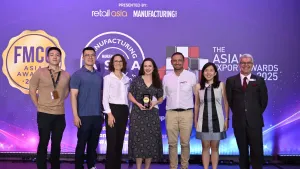
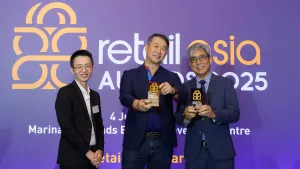
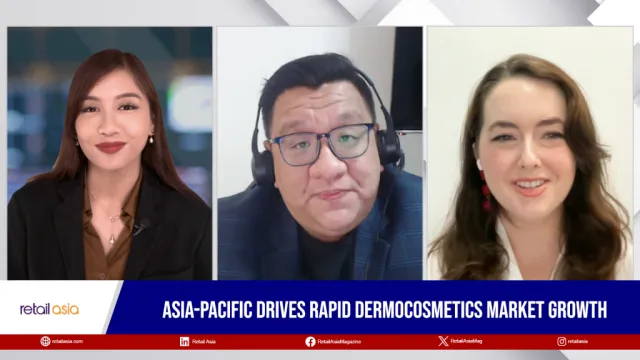

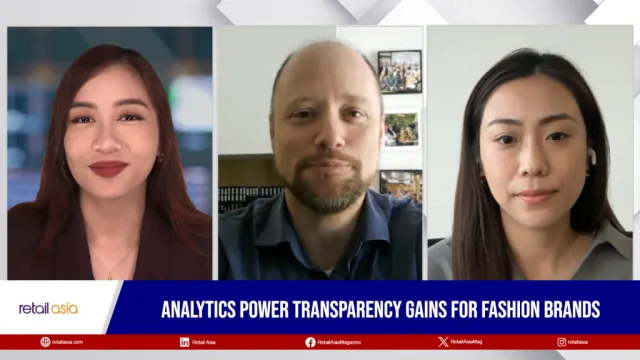


 Advertise
Advertise






Commentary
This 11.11, the real battle lies in shopper confidence – not the biggest discount